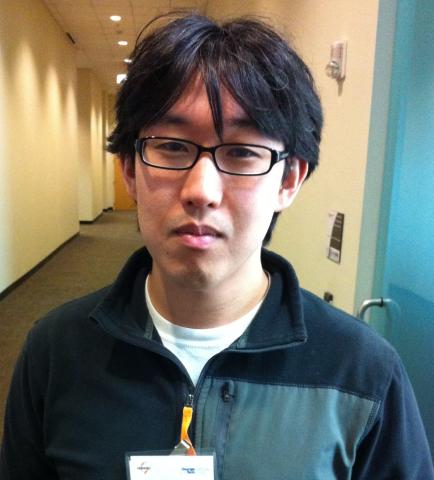Peter Song, a graduate student in the School of Electrical and Computer Engineering at Georgia Tech who works in John Cressler's research group, was selected for the NSTRF Class of 2012.
NASA’s Office of the Chief Technologist launched a new graduate fellowship program in 2011 (the NASA Space Technology Research Fellowships - NSTRF) aimed at supporting student researchers who show significant potential to contribute to NASA’s strategic goals and missions. The goal of NSTRF is to provide the nation with a pipeline of highly skilled engineers and technologists to improve America's technological competitiveness. NASA Space Technology Fellows will perform innovative space technology research while building the skills necessary to become future technological leaders. Selected candidates perform graduate student research both on their respective campuses and at NASA Centers as interns. These highly competitive NASA Fellowships provide full support for students during their PhD study.
Peter Song, a graduate student in the School of Electrical and Computer Engineering at Georgia Tech who works in John Cressler's research group, was selected for the NSTRF Class of 2012. Mr. Song's proposal was entitled "High-Frequency Silicon-Germanium MMIC Development for Next-Generation Space-based Radars," which aims to exploit the unique capabilities of SiGe electronics to operate robustly in extreme environments such as space to enable a new generation of space-based radar systems for remote sensing and which can provide dramatic reductions in mission size, weight and power (SWaP).
